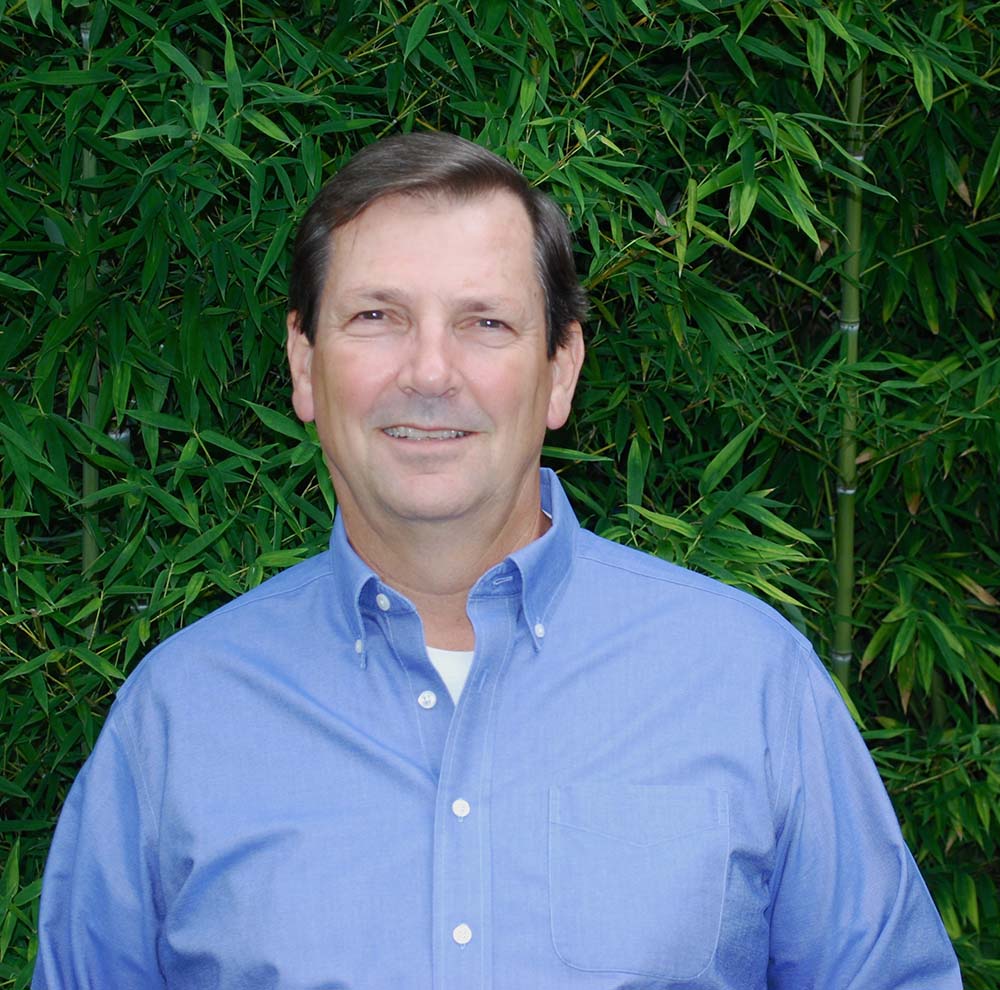An account is required to join the Society, renew annual memberships online, register for the Annual Meeting, and access the journals Practicing Anthropology and Human Organization
- Hello Guest!|Log In | Register
SfAA President’s Column
 Michael Paolisso
Michael Paolisso
SfAA President
My two years as SfAA president will end in March at our annual meeting in Cincinnati. I hope to see many of you there and online. This is my last SfAA News column before I pass it along to incoming president, Jennifer Wies. In previous columns, I focused my remarks on the importance of volunteerism to the SfAA. Extending that discussion here, I would like to offer some thoughts on what is it about the SfAA that motivates members to offer already scarce time and expertise to the SfAA. What value and benefits does the SfAA provide its members that fosters member commitment and engagement?
The SfAA’s mandate is to be a worldwide organization supporting the application of the social sciences. We do not limit ourselves to supporting only one social science discipline or approach, although for historical reasons many members have training in anthropology. Rather, what connects SfAA members is a focus on the application of our knowledge and practice to solve local to global problems and promote solutions. The scope and range of the approaches and trainings of our members’ applied research and practice are impressive. Moreover, many of our members use multi- and interdisciplinary approaches, which are on display in sessions at our annual meeting and in our publications. In many academic and practice settings, one’s institutional and disciplinary pedigree are important to carving out work and institutional space. However, the norm of SfAA members is to cross disciplinary boundaries, work in new spaces with less established patterns and practices, and to use new tools and approaches to create alignments among academics and practitioners.
I believe this fluidity across disciplinary boundaries helps make our meetings and publications of great benefit and exciting to our members, and beyond. There are fewer reified disciplinary practices or professional dictums that need to be maintained. There is reduced concern and emphasis on establishing disciplinary identity and allegiance within specific ideologies and subfields. Instead, SfAA member emphasize more the sharing of emerging thoughts and insights on paths forward, including hurdles, roadblocks and possible solutions. There is less worry about framing innovative, holistic, and pre-paradigmatic work or practice into existing conceptual and organizational frameworks. The SfAA provides a safe and nurturing environment for new and impactful interdisciplinary applied research and practice.
On the interpersonal level, a core ethos of the SfAA is to value all members regardless of their career path position, previous accomplishments, or academic or non-academic reputation. Many of us have experienced how welcoming our annual meetings are, and how supportive our journals editors are to authors. It is in our organizational DNA that we remove boundaries or markers of status among members. There is a humility to SfAA members that flourishes at our annual meetings. Students and early career professionals quickly learn that SfAA members are approachable and open to meeting new people and sharing their ideas. In my many years of attending SfAA annual meetings, I cannot remember ever seeing or being told of an incident where a more established or older member was dismissive to a question or request from a student or early-career member. For many of us, these early conference years made us feel welcomed and we grew to appreciate the support and collegiality of SfAA members. Such formative, early experiences are key building blocks of a life-long engagement with the SfAA. This is one of our greatest assets, and one I know the SfAA board realizes as it develops pathways to leadership for students, underrepresented members, and early-career colleagues. Now that I am one of those older colleagues, I believe I speak for my cohort in saying we appreciate that younger colleagues approach us and ask for our ideas and thoughts and, on special occasions, our guidance.
Multidisciplinary, non-hierarchical and collegiality are key qualities that make the SfAA a “home organization” to many members. The SfAA is not your typical professional organization. We are small, dependent on member time, expertise and money, and organized by a handful of dedicated staff, most of whom have worked for the SfAA for many years. When we share our ideas and practices at our meetings and in our publications, these professional qualities and organizational characteristics are visible and combine to create a community of applied scholars and practitioners passionately committed to making the world better by applying the social sciences. Collectively, we care more about solving problems and finding solutions than refining and tweaking social science theory and methods. We are a community driven by application and practice. That sense of SfAA community is always present, even when we go back to our workplaces.
A community of members helps the SfAA to be resilient. This resilience helped us weather these past few years, when impacts from covid created financial and organizational challenges. These impacts have shown us areas where we need to improve and evolve to meet the continuing and changing needs of our members. This community has challenged SfAA leadership to ensure that diversity and inclusion are key goals of the organization. I am confident that we will continue to evolve, and it will be largely driven by members who volunteer and the hard work of our staff. We will face continued challenges as we look ahead, and we will continue to need the generosity, support and commitment from our members. I am confident that the values and qualities that make the SfAA a different professional organization will continue and provide the foundation for identifying and making the needed changes to keep us as a community.
I thank all my SfAA colleagues for their support and guidance during my term as SfAA president. I am grateful for the opportunity and experience to have served the SfAA over many years.

Cart
Search